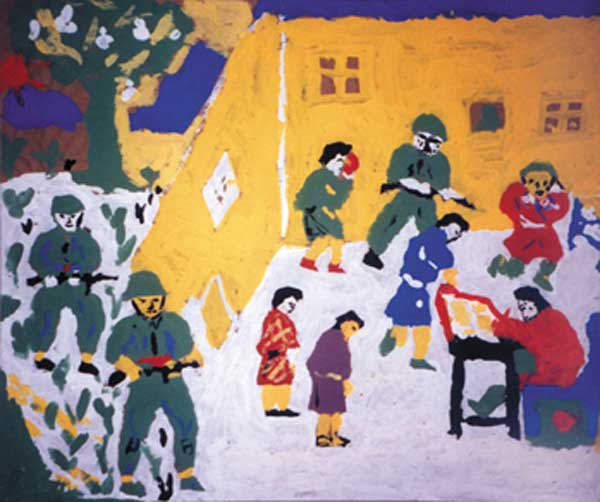
Home
- Steps to Exile - Slow
Movement Towards a Resolution
Continuing Barriers to Progress - What Now
? - Bibliography - Reference
Points - Links
Steps to exile
1985 The 1985 Citizenship Act tightens the requirements for becoming a Bhutanese citizen by naturalization. It has several provisions for termination of citizenship. Citizenship may be revoked for disloyalty to the King, Country and People of Bhutan. A voluntary migrant from Bhutan will no longer be considered a citizen.
1988 In a census operation carried out only in southern Bhutan, people previously recognised as Bhutanese are re-classified as "illegal immigrants". Several thousand are forced to leave the country.
1989 There is growing public unease about the conduct of the census and repressive measures in the south. Tek Nath Rizal, a Royal Advisory Councillor, leads a petition to the King and is consequently imprisoned.
1990 Public demonstrations are held across southern Bhutan, and demands for civil and cultural rights are presented to district authorities. The demonstrations are followed by hundreds of arbitrary arrests and detentions without trial and widespread ill-treatment and torture.
1991 The majority of schools in southern Bhutan are closed; health services are restricted; there is a ban on the movement of essential commodities; citizenship cards are confiscated; Southern Bhutanese government employees are dismissed; homes are burnt and demolished. Southern Bhutanese begin to flee from the country, some following eviction by government forces, some through fear of arrest and torture. Citizens are pressurized into leaving "voluntarily" and are forced to sign so-called "voluntary migration forms". They are then considered to have renounced their nationality under the terms of the 1985 Citizenship Act. The exodus of thousands of people into Nepal provokes a humanitarian crisis. At the request of the Nepalese Government, the UN High Commissioner for Refugees (UNHCR) establishes refugee camps in south-eastern Nepal.
Bhutan's national newspaper, Kuensel, reports an increase in violent crime in the early 1990s, and holds Southern Bhutanese "anti-nationals" responsible.
1992 The refugee exodus reaches its peak mid-year: as many as 600 people arrive in the camps every day.

Painted by a Bhutanese child to show his father signing
a 'voluntary' migration form